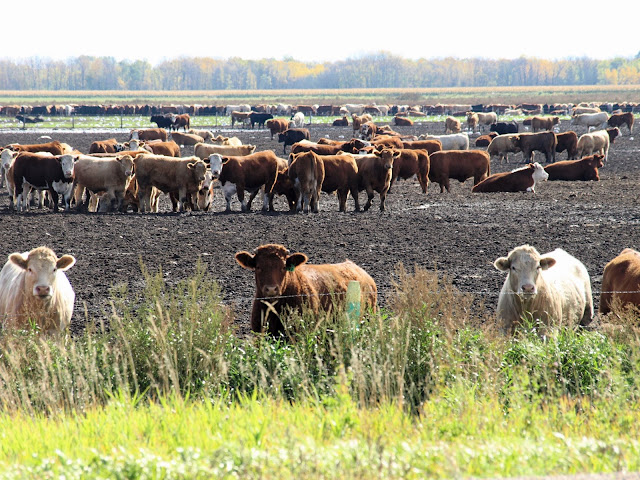A Special Place.

Last fall, I had the privilege of visiting an enchanting area of my province along and around the Waterhen River. It's distinctive for a couple of reasons. It's the shortest river in all of the province, flowing out of Waterhen Lake and into northern Lake Manitoba. And it's also the province's most pristine. Environment Canada actually called it "excellent" in terms of water quality, the only Manitoba river to get that rating. I'm posting a few shots here for your enjoyment. PinP photos. ___________________________________





